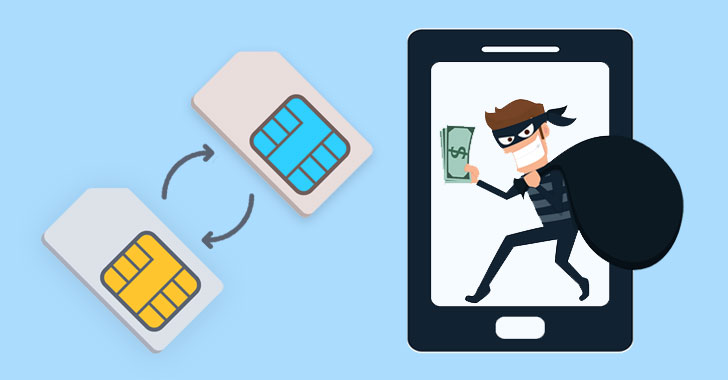𝙋𝙚𝙤𝙥𝙡𝙚 𝙐𝙣𝙠𝙣𝙤𝙬𝙣 𝙊𝙣𝙡𝙞𝙣𝙚 𝙎𝙘𝙖𝙢𝙨
Infected computers often display messages to convince you into paying the ransom. Scammers may pretend to be from the police and claim you have committed an illegal activity and must pay a fine, or they may simply demand payment for a 'key' to unlock your computer.
If you pay the ransom, there
is no guarantee your computer will be unlocked.
2.Rebate Scam
They will pretend to be from the government, a bank or trusted organisation, and will ask you to make a small initial payment to cover 'administration fees' or taxes, in order to claim the amount owed to you.
If you hand over your money, you will lose it and not receive any rebate. If you provide your credit card or banking details, you may find that more is taken out than expected.
3.Phishing or Email Scam
4.Work from home Scam
Work from home is one of the serious internet fraud. Under this, fraudsters dupe people who are looking for work from home opportunities by promising that they will earn handsome money, just by working for a few hours from home.
To register for the scheme, job seekers will be asked to deposit a certain amount of money for job kit which is useful for the work. After the money is deposited, there will be no track of employers.
5.SIM swap Scam

Fraudsters manage to get a duplicate SIM which provides them
access to one time passwords. They do this by pretending to be from a mobile
company and asking you to forward an SMS containing the SIM card number to
activate the duplicate SIM.
Do not: Respond
to texts, emails from unknown addresses to click on links.
6.Digital Payment Scams(UPI PIN and OTP)
Fraudsters are now using UPI to scam people. In this, the hacker first sends a “request money” link to the user. The moment the user clicks on this link to authorize the transaction thinking that they would receive the money, the amount gets automatically debited from their account
Current COVID-19 (coronavirus) scams
Scammers are pretending to be
government agencies providing information on COVID-19 through text messages and
emails ‘phishing’ for your information. These contain malicious links and
attachments designed to steal your personal and financial information.
In the examples below the text
messages appear to come from ‘GOV’ and ‘myGov’, with a malicious link to more
information on COVID-19.
Showing All scam types stats for 2020
Amount Lost and Number of report



- 🔴 Female 52.8
- Male 47%






Comments
Post a Comment